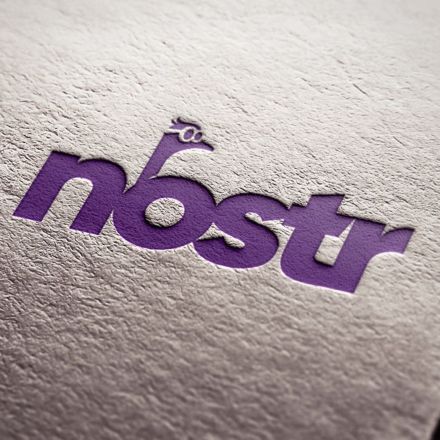The Importance of Account Abstraction in the Decentralized World
Account abstraction explained: Discover how AA is separating user controls from smart contracts and redefining the future of blockchain and the decentralized economy.
-
Decentralization thrives on blockchain technology.
As a new agent of change, it’s substantially changing the way we interact with digital assets and conduct transactions.
In the realm of decentralization, a trend cutting a figure for itself is Account Abstraction. Ask a decentralized app (dApp) development company, and you'll quickly get a hang of how the trend is burgeoning to shape a transformative era of the modern-day financial economy.
The following blog post delves into the following questions:
- What is account abstraction?
- How does it empower users and enhance flexibility?
- How does it contribute to the booming autonomous, decentralized world?
What is Account Abstraction?
At its simplest, account abstraction is a new paradigm, allowing participants to use smart contracts as their accounts. It drives more flexibility in and lets users exercise more control over smart contracts.
Let us explain.
In traditional blockchains, users have externally owned accounts (EOAs) accessible through a private key. Using EOAs requires users to have a strong grasp of how blockchain works, which is a potential hurdle for certain users.
Account abstraction breaks the barrier by allowing users to interact with smart contracts directly and benefit from:
- Arbitrary verification code.
- Transact in ERC-20 tokens or through one’s own fee login.
- Enhanced security mechanisms.
- Atomic multi-operations.
The advent of account abstraction is poised to transform the decentralized economy and turn another page in the era of dApp development services.
Empowering Users with True Ownership
Here’s a low-down on some of the fundamental benefits of account abstraction.
- The Opportunity: Account Ownership
Traditional Blockchain Systems : Users often relinquish the ownership of digital assets to intermediaries and third parties, inviting risks like censorship and unauthorized access.
Blockchain Systems Powered by Smart Contract Accounts: Decentralized systems with account abstraction ensure users retain complete control over their assets while removing the need for intermediaries and custodial services once and for all.
The Outcomes:
a. Improved autonomy and control. b. Enhanced user experience. c. Deeper trust built through transparency.
- The Opportunity: Increased Flexibility
Traditional Blockchain Systems: In traditional systems, users have to adhere to predefined rules and conditions associated with EOAs, significantly crippling the flexibility to execute smart contracts.
Blockchain Systems Powered by Smart Contract Accounts: Account abstraction comes as a boon, liberating users from the constraints and enabling them to execute a broader array of functions and conditions at scale.
The Outcomes:
a. More sophisticated, feature-rich dApp development services. b. Responsiveness to a broad array of inputs and conditions. c. Decentralized app development becoming more adaptable. d. Enhanced creativity and improved innovation.
- The Opportunity: Augmented Interoperability
Traditional Blockchain Systems: In traditional systems, users’ ability to access and interact with smart contracts across disparate platforms is restricted.
Blockchain Systems Powered by Smart Contract Accounts: Account abstraction peddles a change into the system, allowing users to use and interact with smart contracts at scale.
The Outcomes:
a. Improved user experience. b. Decentralized app development turning more mature. c. Improved collaboration and synergy. d. An expansive, inter-connected, well-allied ecosystem.
Shaping the Future of Decentralization
Account abstraction emerges having a tide-turning potential to transform the decentralized system. Adding fuel to the fire of blockchain evolution, it is helping:
a. Enhance the flexibility of smart contract execution b. Empower individuals with true ownership of their digital assets. c. Open new pathways of innovation and user-centric blockchain applications.
In short, it’s setting the right rhythm of the future blockchain ecosystem while aligning with its principal tenets.
It goes without saying that embracing the importance of account abstraction is not just a necessity; it's an imperative move towards a future where decentralized systems redefine the way we transact, interact, and trust in the digital age.




























Join the Discussion